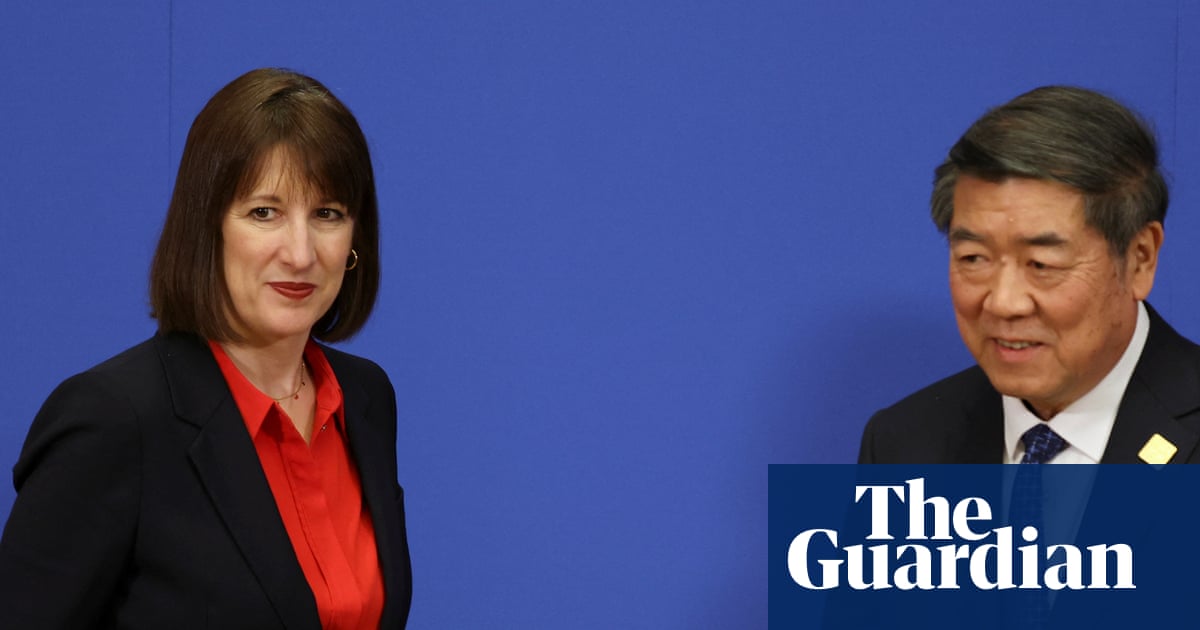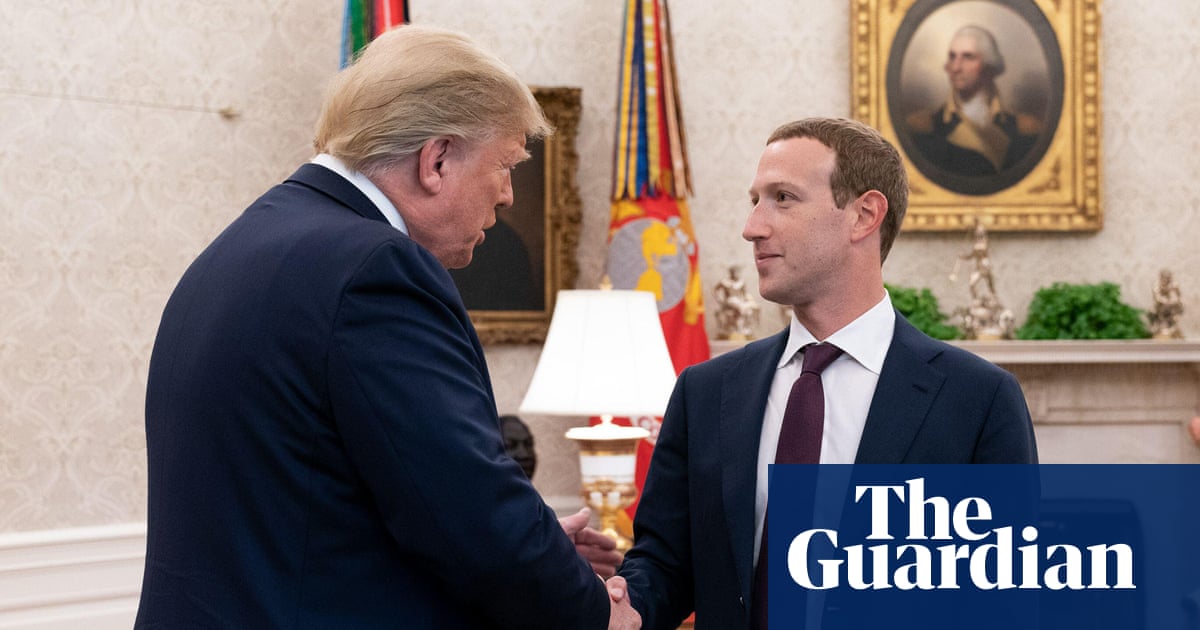Rachel Reeves is holding firm against a U-turn on inheritance tax for farmers, despite the Treasury analysing ways of softening the impact.
The chancellor is understood to be determined not to drop the policy even though some Labour MPs – and even ministers – are worrying about the political fallout of the policy that has led to farmers protesting in Westminster this week.
The Treasury has been assessing ways to mitigate the impact of changes, including amending gifting rules for those aged 80 and above so they can pass on their farms to their family without having to live for another seven years.
Officials have also been looking at the impact of changes announced in the budget in October on active small- and medium-sized farms compared with smallholdings.
But one Labour MP said the messaging from the Treasury about a U-turn was “absolutely no, not happening”.
Despite the Treasury’s insistence, some Labour MPs still believe the policy will be softened. A Whitehall source said they believed any full U-turn would have happened already, before the farmers’ protest, but that any future mitigation would be more likely at a fiscal event or spending review “when some of the heat has gone out of the issue”.
Asked about the research into exempting those aged 80 and above from the policy, a No 10 spokesperson said: “We’re committed to implementing the policy as set out in a budget. We’re not considering any mitigations. It was obviously a difficult decision, but the economic situation the government inherited has required us to make tough choices.”
Some in Downing Street continue to argue the backlash from farmers will not present a major problem for the government because Labour voters are largely unaffected. However, other senior Labour figures are concerned about the political and media attention being taken up by the row.
Images of tractors chugging around Parliament Square have dominated the news, while Steve Reed, the environment secretary, was confronted by a farmer at a countryside conference this week arguing his best way of preserving his farm for his children was suicide before it comes into force in 2026.
Keir Starmer has also not escaped a grilling on the subject. He was asked by BBC Radio Lincolnshire: “Do you have a problem with Lincolnshire? Have the people of Lincolnshire upset you in some way?”
Pressed on those who say family farms will be put out of business by the budget, the prime minister said: “Firstly, I do understand their concerns … In the budget, we allocated £5bn over two years to farming. That’s the single biggest amount of money into sustainable food production, plus money for dealing with flooding and the outbreak of disease ... On the IHT, obviously, what farmers want to do is make sure the family farm is preserved … In a typical case … the threshold before IHT is £3m. It means the vast majority of farms are completely unaffected.”
Reed has been taking a conciliatory tone with farmers and defending the policy on the airwaves. He met the National Farmers’ Union (NFU) on multiple occasions over the last fortnight, most recently at their mass lobbying event on Tuesday, in an attempt to soothe tensions.
after newsletter promotion
However, the NFU has complained that Defra has no real powers over this policy. Downing Street sources confirmed that Reed was only told about the policy on the eve of the budget – in common with many other cabinet ministers who learned about tax changes in their area at the last minute.
Now, the president of the NFU, Tom Bradshaw, is understood to have decided there is no point dealing with Reed over this policy as his department has no decision-making capabilities. The union is demanding to meet Reeves, who has so far not seen its representatives personally.
A new Treasury analysis this week showed its workings for how it calculates that 500 farms a year out of about 200,000 will be affected by the policy.
The NFU released its own impact assessment on Thursday finding that small- and medium-sized farms would have their incomes wiped out by tax payments, even if the cap was set at £2m which it would be if the holding was owned by two spouses.
One Labour MP who represents a heavily rural constituency which was Conservative-held until the election, said they had spent much of the last few weeks sitting at the kitchen tables of local farmers who were certain they would be affected by the tax changes, even if they were not caught by the new rules.
“This isn’t the case for everyone, there are some of my local farmers who will be affected, and I don’t think we should hide from the fact of that,” the MP said.
“But what really struck through to me was the confusion caused by people getting information from social media. In part this is because we barely have any good local newspapers any more. In the past, even if you disagreed on policy, there was a shared idea of what the basic facts were. That doesn’t exist now.”
The MP said they felt the Labour government had in part become the conduit for wider anger over issues such as haphazard government support and subsidy schemes, and badly negotiated post-Brexit trade deals: “If you’re a farmer, of course you’re going be angry, because for last 14 years, the government has promised things and not delivered them.”
There was, they accepted, real anger about the inheritance tax changes, with the MP saying it was vital for Labour to be “in full listening mode” to farming voices if they wanted to keep many rural seats at the next election.
“I’m making sure all the time I spend around kitchen tables gives me a message I can take back to the government. And it has struck me how often I’m being asked for my feedback – it does feel like we are listening.”

.png) 1 month ago
16
1 month ago
16













































